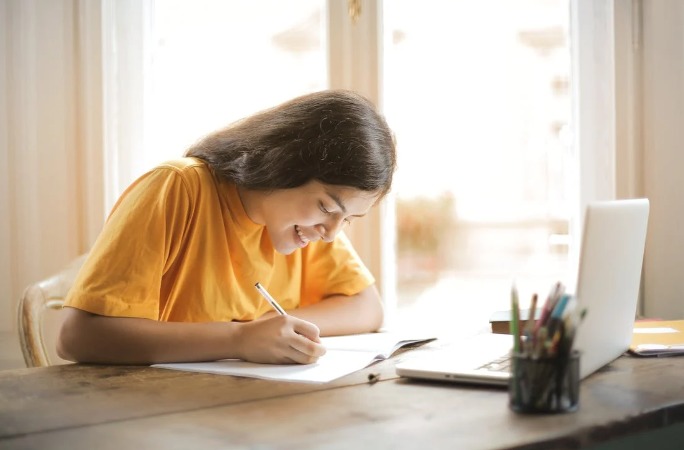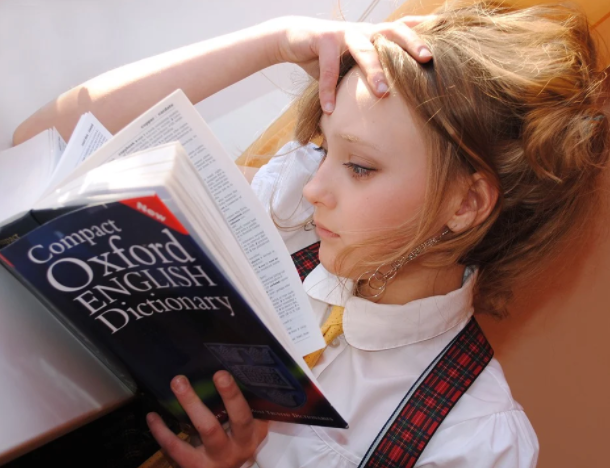The puzzles that are currently on the list are one part. We would like to talk about them again so that you can choose the puzzle for your little puzzle or the comparative one. One of the benefits of playing puzzles is word games that can develop children’s language skills. It is an activity that can be shared with friends or family, an activity that gives a sense of satisfaction when the piece fits and makes the child do the puzzle over and over again. Here are some of the educational benefits your child can get when playing a puzzle.
Language Skills
 Promotes the child’s ability to re-evaluate the recognition of size and shape Promotes the steps that are accepted by the child in a logical sequencing process Influences spatial awareness Develops the child’s ability to recognize the letters of the alphabet later because the puzzle has helped them understand the detailed shapes of activity once it has begun Builds their child’s confidence and sense of achievement once the puzzle is completed Above all, playing puzzles is fun. Experimenting with every toy that children play with wood is perfect for doing puzzles, it bends and can be chewed.
Promotes the child’s ability to re-evaluate the recognition of size and shape Promotes the steps that are accepted by the child in a logical sequencing process Influences spatial awareness Develops the child’s ability to recognize the letters of the alphabet later because the puzzle has helped them understand the detailed shapes of activity once it has begun Builds their child’s confidence and sense of achievement once the puzzle is completed Above all, playing puzzles is fun. Experimenting with every toy that children play with wood is perfect for doing puzzles, it bends and can be chewed.
Problem Solving
 The first thing that is certain when you look at a puzzle is the picture of that puzzle or that example. Remember that the picture must have value, but it is also a matter of choice. If the picture is familiar to the child or is consistent with the educational goal (for example, learning the colors or naming the objects), the experience of solving the puzzle will be much more satisfying and rewarding. Therefore, it could be recognized by the fact that the child recognizes the image because a tool must be recognizable in seeing it. In addition, it must have properties that help him decide where to place the object that appears in the image.
The first thing that is certain when you look at a puzzle is the picture of that puzzle or that example. Remember that the picture must have value, but it is also a matter of choice. If the picture is familiar to the child or is consistent with the educational goal (for example, learning the colors or naming the objects), the experience of solving the puzzle will be much more satisfying and rewarding. Therefore, it could be recognized by the fact that the child recognizes the image because a tool must be recognizable in seeing it. In addition, it must have properties that help him decide where to place the object that appears in the image.
Accomplishment Skill
In this way, it is easy for them to take and put a puzzle in their hands. If the pieces are so thick and have hooks to hold them, like our puzzles, it will be easier. Possession of a picture means that the puzzle corrects itself. Without the help of an adult, the child can do the puzzle with words. In this way, the child can be sure to put the offered piece with a sense of accomplishment.








